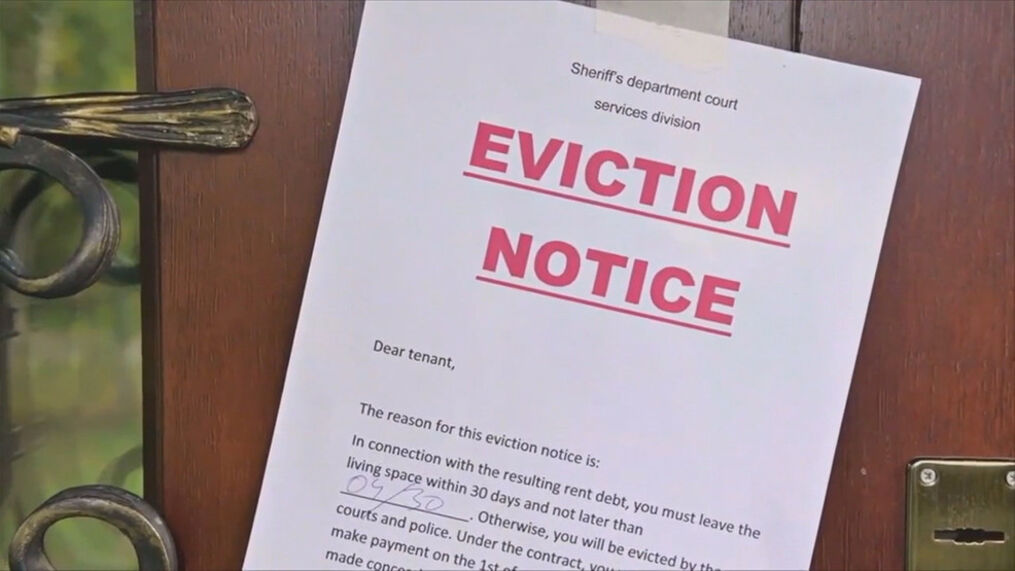A driveway easement grants the legal right to pass over private property to access another property. As a property owner, you may encounter situations where obtaining a driveway easement is necessary. In these instances, understanding the associated costs is important for planning and budgeting purposes.
In this article, we will explores the factors that influence easement pricing and provides a general estimate of how much you can expect to pay.
How Much Does a Driveway Easement Cost?
On average, the cost of a driveway easement ranges from $3 to $4 per square foot. This cost can vary significantly depending on several factors like the property's location, easement type, length and width needed, purpose of the easement, and any construction expenses.
Construction is usually the biggest cost component which may involve paving an existing dirt road, digging trenches, installing gravel, or paving an asphalt driveway. Property owners need to consider all associated costs like hiring professionals when determining the total expense of a driveway easement.
Related: How Much Do Apartments Charge For Holes In Wall?
How do location and property type affect easement costs?

The location of the property plays a major role in driveway easement expenses. Properties located in urban areas generally have higher easement costs than rural properties due to higher land values. Commercial easements also tend to be pricier than residential ones since they involve more traffic and larger vehicles. According to the data, urban and commercial easements can be 30-50% more expensive than rural or residential easements respectively.
How do easement dimensions impact pricing?
The length and width of the desired easement directly correlates to its cost. Longer and wider easements require more land area and affect more property. Therefore, a 50-foot wide by 100-foot long easement would cost significantly more than a standard 10-foot wide by 30-foot long residential easement.
The data suggests that easement costs increase roughly $1-2 per square foot for every additional foot in length or width required beyond minimum sizes.
What other factors influence costs?
Aside from location, dimensions, and property type, the specific type of easement can also impact pricing.
For instance, express easements arranged through written contracts may cost 10-20% more due to legal documentation involved. Implied or prescriptive easements established through property usage over time are generally more affordable.
Additional factors like the purpose of access and any construction work needed further influence total easement expenses.
How does one negotiate easement costs?
There are several effective strategies for negotiating a driveway easement agreement. Property owners should research average costs in the local area, obtain competitive quotes from multiple contractors, and collaborate with easement partners through transparent discussions.
Candid communication helps establish mutually agreeable terms, such as the easement holder covering construction costs. Remaining flexible and open to alternatives enables reaching fair resolutions. With proper negotiations, easement costs can often be reduced by 5-15% below initial quotes.
How do easements impact property values?
While necessary for land access, driveway easements do carry some financial implications. They involve restricting usage of a portion of one's property which is granted to others. This loss of exclusive rights and space can decrease property valuations by 1-3% of total market value according to various studies.
Additionally, easements may limit potential home expansions or require approvals. Consulting real estate appraisers is wise to understand easement effects on individual property worth.
What are the different ways to acquire an easement?
There are multiple legal methods to obtain a driveway easement over another person's land. The most common is through a written and recorded easement agreement signed by both servient and dominant estate owners.
Another is a prescriptive easement established from open, continuous and hostile usage of a "path" for the required prescription period defined by state laws, usually 5-20+ years. Implied easements may also exist if necessary for property usage.
Can existing easements be reversed or transferred?
Under certain circumstances, existing driveway easements may no longer be permanent. State statutes allow easement termination if outlined conditions are met such as specific non-usage periods according to the data. Easement reversal additionally depends on easement type, deed terms, and involves legally documenting changes with property records.
Easements cannot normally be transferred independently of dominant estate ownership transfers as well. Consulting legal counsel ensures proper easement adjustments.





